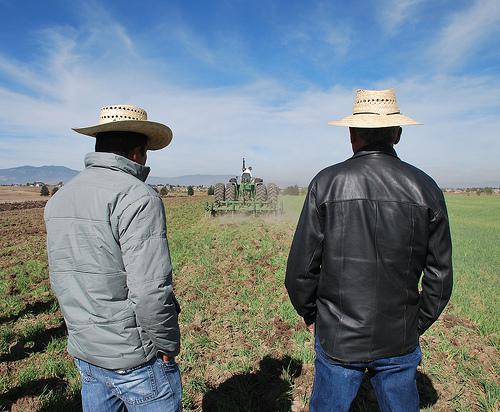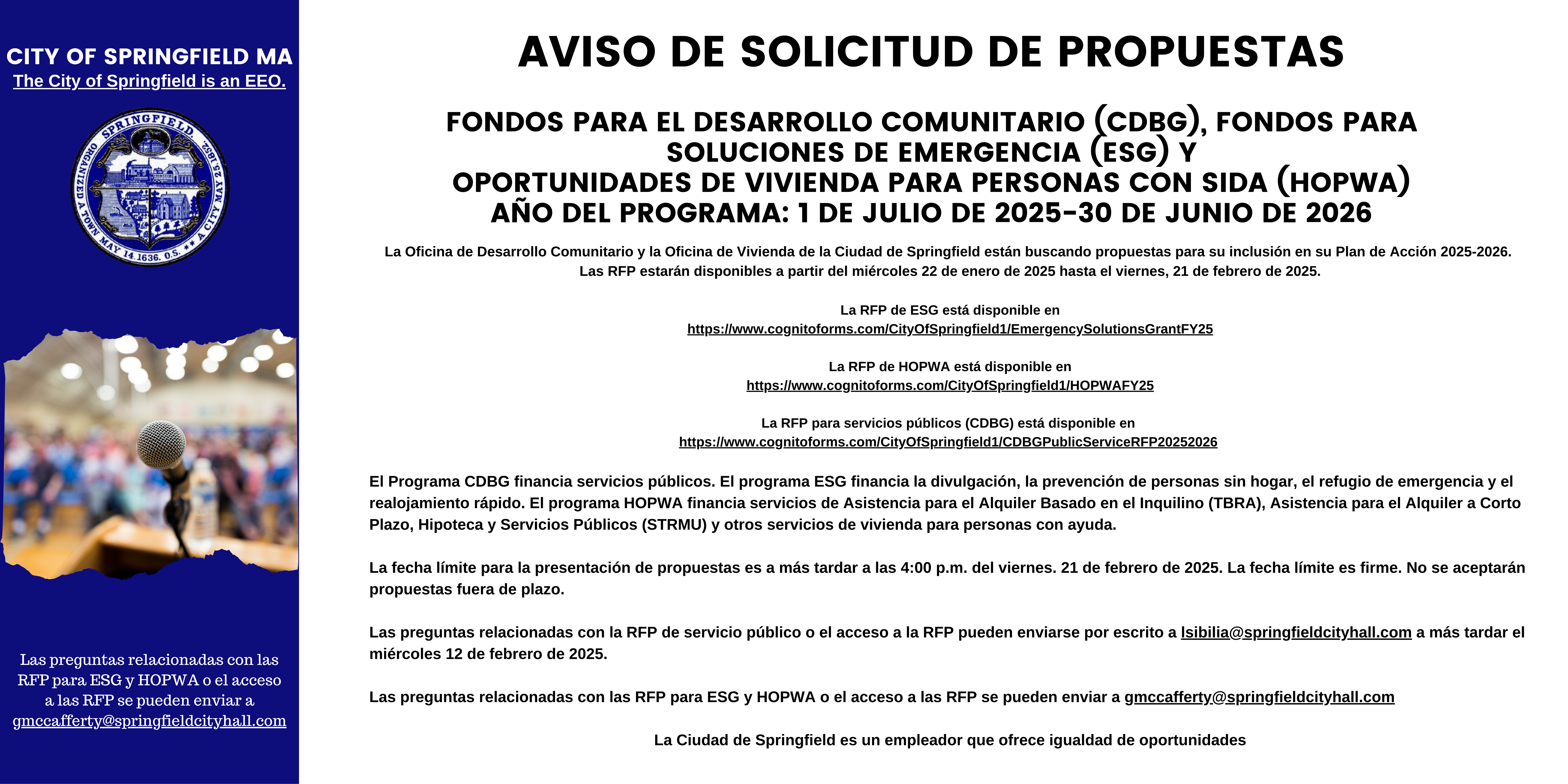ATLANTA – This year marks the 25th Anniversary of the Pigford v. Glickman class action racial discrimination lawsuit filed by Black farmers against the U.S. Department of Agriculture (USDA) for decades of anti-Black racism in the delivery of loans, subsidies, disaster assistance, and other program benefits.
Despite their steadfast organizing efforts, Black farmers still have not received justice from ongoing institutional discrimination within USDA. Due to the disastrous implementation of the Pigford lawsuit, most Black farmers were left with unconscionable debt, farm foreclosures, and no legal recourse to save their family farms.
Only 4 percent of the $1B settlement went to debt cancellation. Moreover, the Pigford lawsuit did not uproot institutional discrimination within USDA.
Consequently, anti-Black racism persists within USDA, the Farm Service Agency (FSA) county offices, the Office of Civil Rights, and the county committee system. For 25 years, thousands of Black farmers have either been foreclosed on or forced to take out loans with private banks to pay off debts with USDA. The USDA also offset Black farmers’ tax refunds, social security, disability, and subsidy payments to cover this immoral debt. Over the years, aging Black farmers delayed foreclosures by filing pro se complaints in federal court.
Our Coalition provided President Joe Biden with two tremendous policy recommendations to lessen the economic suffering of Black farmers within his first 100 days in office: debt cancellation for socially disadvantaged farmers and the USDA foreclosure moratorium. Unfortunately, similar to the Pigford lawsuit the implementation of the debt cancellation program has been poorly implemented by Secretary Thomas Vilsack.
The American Rescue Plan Act, signed into law in March 2021 by President Joe Biden, provided debt cancellation and a $1B Fund for outreach and other technical assistance services for farmers of color. Of significant importance, section 1006 also included a provision to provide direct payments to farmers who had experienced discrimination from USDA including farmers who had to pay USDA via private bank loans to maintain ownership of their multigenerational family farms.
A month after the passage of the American Rescue Plan Act, our Coalition, backed by over a hundred signatories, submitted a letter to Secretary of Vilsack urging for swift implementation of the $5B debt cancellation and related services provisions of the Act to alleviate the economic devastation caused by the COVID pandemic and exacerbated by decades of systemic racial discrimination by USDA against Black farmers and other farmers of color.
White farmers filed numerous lawsuits in federal courts challenging the debt cancellation program for socially disadvantaged farmers, which ultimately resulted in the halt of the debt cancellation program. As a result of Secretary Vilsack’s inaction for over 100 days, justice was delayed once again for Black farmers.

During this same period, Secretary Vilsack provided billions of dollars in funding to a variety of entities including the timber and meat-packing industries through the Commodity Credit Corporation (CCC) Fund, and nonprofits through cooperative agreements, while continuing his inaction regarding the relentless economic suffering of Black farmers.
One of Secretary Vilsack’s most egregious decisions was funding 20 nonprofits $75M in cooperative agreements from the American Rescue Plan Act, ranging from $2M to $10M, with no oversight, accountability, or transparency.
Many of these nonprofits have received numerous cooperative agreements from USDA since 2021. Notably, none of the nonprofits that signed our Coalition’s letter back in April 2021 received funding; thus, creating a cloud of cronyism and political retribution over the stewardship of the $1B Fund.
Although the planting season is quickly approaching, Secretary Vilsack has continuously refused to distribute the $750M in direct payments to farmers who have experienced discrimination from USDA. Secretary Vilsack’s recent obstructionism further affirms his abysmal civil rights track record. There is a saying in the Black community, “When somebody shows you who they are, believe them the first time.”
During his 8-year term, the Black farming community witnessed Secretary Vilsack’s weak commitment to racial equity and open hostility to restoring Black farmers through the resolution of their discrimination complaints. The Black farming community vehemently opposed Secretary Vilsack’s third term as Secretary of Agriculture.
In an open letter to President-Elect Joe Biden published in the Washington Post on December 30, 2020, Lloyd Wright, former director of the USDA Civil Rights Office, opined that Secretary Vilsack should have been disqualified from consideration back in 2008 because when he left the Governor’s office in Iowa, he left a class action lawsuit filed by more than 5,000 African American plaintiffs alleging discriminatory hiring and promotion practices while he was Governor.
Mr. Wright further documented Secretary Vilsack’s continued pattern and practice of systemic discrimination as Secretary of Agriculture by his refusal to settle discrimination complaints by Black farmers during his 8-year tenure. The Office of the Inspector General’s September 2021 USDA Oversight of Civil Rights Complaints audit report is the latest incriminating report as to the dysfunctions and failures of the Civil Rights Office.
The report found that the Civil Rights Office did not timely process civil rights complaints. Specifically, in fiscal year 2019, the Civil Rights Office averaged 799 days to process complaints compared to the 180-day standard. The report was heavily redacted “due to concerns about the risk of circumvention of the law.” To date, our numerous requests to receive an unredacted copy of the report have been ignored.
During his eight-year tenure, Secretary Vilsack foreclosed on Black farmers who should have had their debt canceled from the Pigford lawsuit. One of the most egregious cases was that of Dorothy and Eddie Wise, Black farmers from Whitakers, North Carolina. On January 20, 2016, the Wises were forcibly removed from their farm by federal marshals in full military gear in a foreclosure action related to the Pigford lawsuit debacle. Due to the trauma of the violent dispossession of their family farm, Dorothy Wise died within a year.
Secretary Vilsack also placed debt offsets against Black farmers’ social security and disability checks in cases where these checks were the sole income to feed their families. To illustrate, Rod Bradshaw, a Black farmer from Jetmore, Kansas, revealed that the USDA wrongly took over $186K in debt offsets from his since the Pigford lawsuit debacle. Currently, the racial disparities in debt offsets are being investigated by the Harvard Law School Food Law and Policy Clinic and the Center for Public Integrity.
Additionally, Secretary Vilsack made numerous claims about civil rights at USDA that were proven to be untrue by the 2-year investigation, “How USDA Distorted Data to Conceal Decades of Discrimination Against Black Farmers” by Nathan Rosenberg and Bryce Wilson Stucki.
The investigation found that USDA promoted misleading data to depict a fictional renaissance in Black farming that falsely inflated the agency’s record on civil rights and ultimately cost Black farmers land and money. Back in 2010, Secretary Vilsack wrongly and hastily fired Shirley Sherrod, Georgia State Director for Rural Development, due to false allegations of discrimination against white farmers but took no action against any of the racist USDA loan officers with well-documented complaints of discrimination and racial animus against Black farmers.
More recently, Secretary Vilsack did not fire any of the loan officers in Georgia who accelerated the loans and issued foreclosure notices against Black farmers in violation of President Biden’s existing USDA foreclosure moratorium. In yet another blatant act of arrogance and disregard for the restoration of Black farmers, Secretary Vilsack has refused to respond to U.S. Senator Reverend Raphael Warnock’s congressional inquiry as a member of the U.S. Senate Agriculture Committee regarding the allocation of the $1B Fund provided under the American Rescue Plan Act.
For these reasons, we demand the resignation of Secretary Thomas Vilsack.






